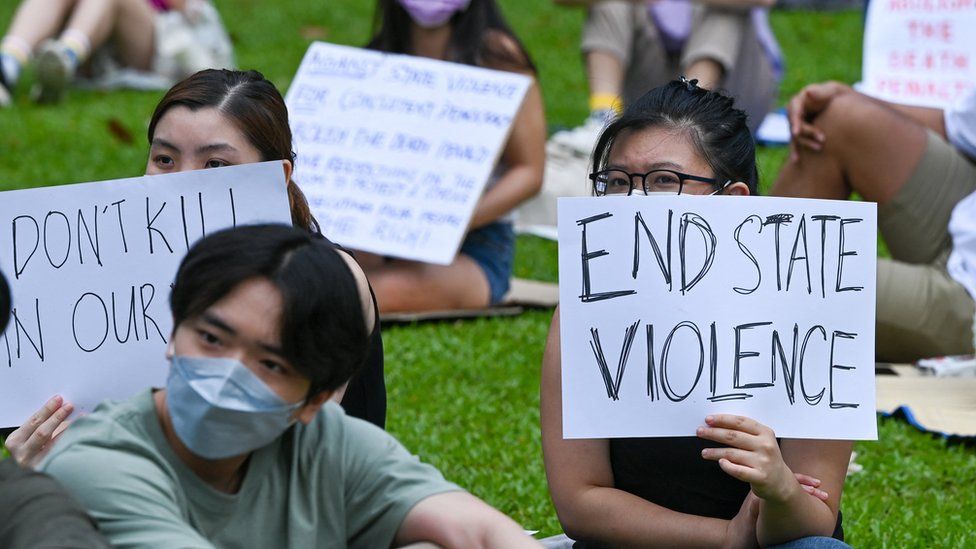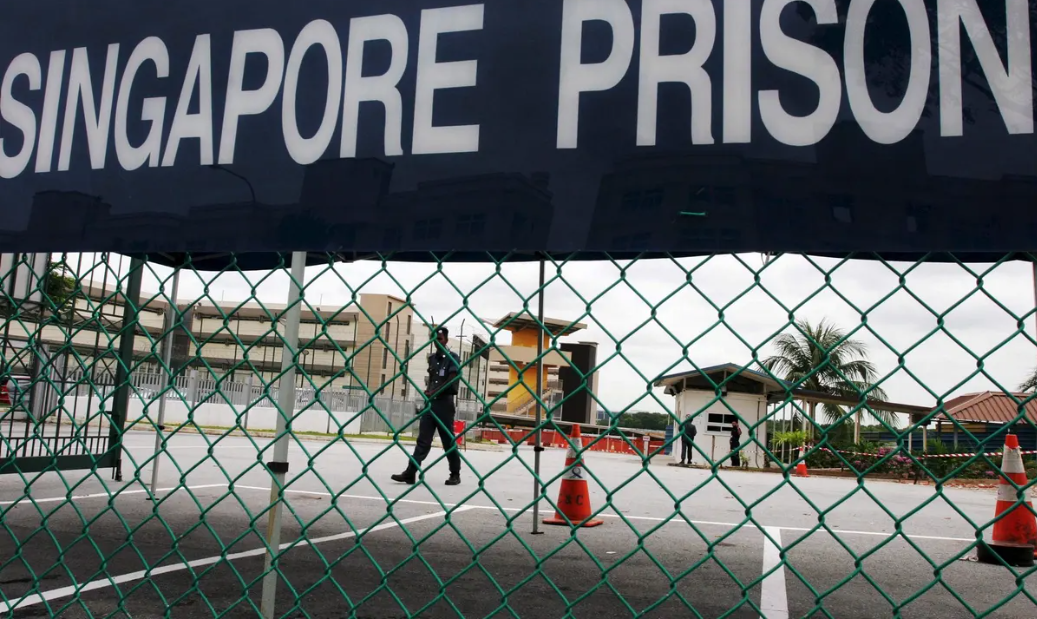Despite facing protests from human rights organizations, Singapore proceeded with the execution of Saridewi Djamani, the first woman to be executed in the country in almost two decades.
According to the Central Narcotics Bureau (CNB), the 45-year-old Singaporean national convicted of drug smuggling was executed early on Friday. In 2018, Saridewi was found guilty of distributing about 30 grams (1.06 ounces) of heroin and was given the death penalty. She is reportedly the first woman to be executed in Singapore since Yen May Woen, a 36-year-old hairdresser, was hanged for heroin trafficking in 2004, according to the local rights organization Transformative Justice Collective.

Saridewi claimed that because she was going through drug withdrawal at the time, she was unable to provide the police with reliable statements. Nevertheless, a judge from the higher court held a different opinion, stating that Saridewi had, at most, experienced mild to moderate methamphetamine withdrawal during the time her statement was taken. According to the judge, this condition did not affect her ability to give a testimony.
The International Federation for Human Rights, Amnesty International, the Global Commission on Drug Policy, and others had pleaded with the Singaporean authorities to end the execution. Saridewi is the second prisoner to be put to death this week and the 15th since the government resumed executions in March 2022.

Campaigners claim that since the city-state resumed executions after a two-year halt during the pandemic, it has carried out an average of one execution per month.
Another victim on Wednesday was a Singaporean Malay man, 56-year-old Mohd Aziz bin Hussain. He had previously been found guilty of drug-related allegations. Chiara Sangiorgio, an expert on the death penalty for Amnesty International, claimed that this week has “shed a sharp and painful spotlight on the entire lack of death penalty reform in Singapore.”
Amnesty International has urged the International Narcotics Control Board (INCB), the United Nations Office on Drugs and Crime (UNODC), and other organizations to “raise pressure on Singapore to end its overly punitive approach to drug control measures.”

The government of Singapore believes that the death penalty is a successful strategy for deterring drug-related crime, maintaining the safety of the city-state, and that the population generally supports it. It also asserts that its judicial procedures are impartial. According to activists, only the most heinous offenses, such as intentional homicide, should carry the death penalty under international norms.
The CNB stated on Friday: “Capital penalty is only used for the most serious offenses, such as the trafficking of huge amounts of drugs that cause very serious harm, not just to individual drug users but also to their families and the larger society. Singapore employs a comprehensive strategy to prevent harm, addressing both drug demand and supply, and it incorporates capital punishment as part of this approach.
- Misleading Video Alters Prime Minister Shehbaz’s Speech Targeting Political Rival, Not His Party - 21/04/2024
- ATC Grants Three-Day Remand for Suspects in Ichhra Bazaar Harassment Case - 19/03/2024
- Pakistan, India, and Bangladesh Lead World in Severe Smog Crisis, Exceeding WHO Guidelines - 19/03/2024


